Everything on model trains, model railroads, model railways, locomotives, model train layouts, scenery, wiring, DCC and more. Enjoy the world's best hobby... model railroading!
Best Sound Reducing Roadbed
Samuel asks:
“I’m not keen on using nails so thought cork or foam would be easy to glue in place. I also want to suppress the noise as much as I can. Which material would be best?”
Add your comment below, or submit your own question for publication by using the separate link below.
8 Responses to Best Sound Reducing Roadbed
Leave a Reply
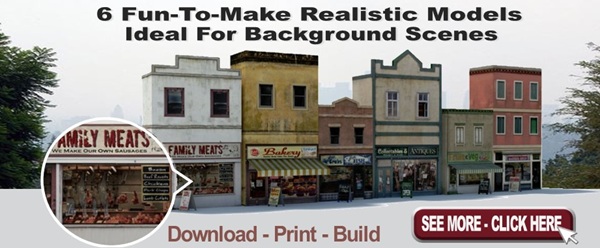






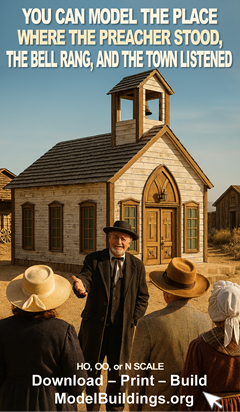
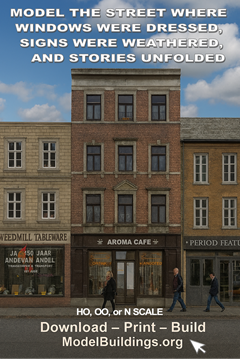
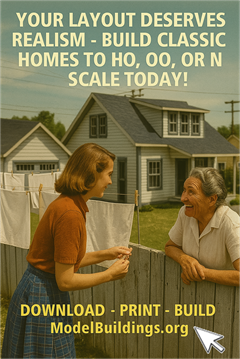

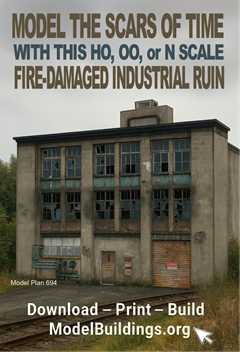
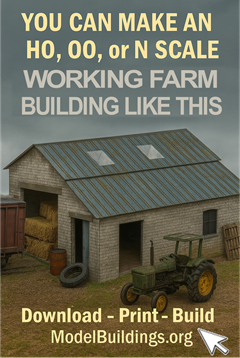
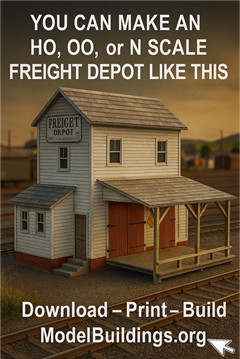
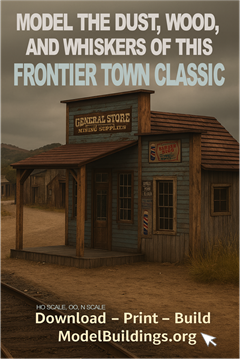
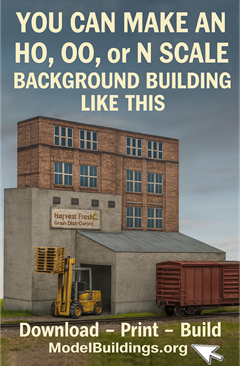
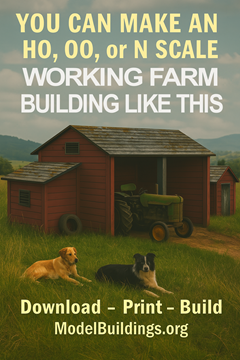
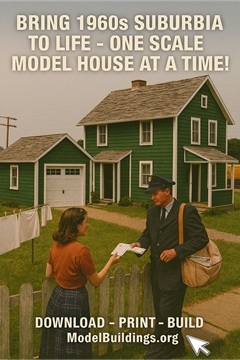
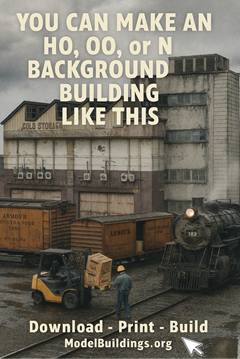
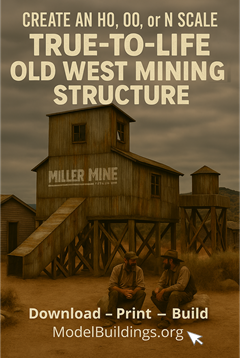
Foam over a an unfinished masonite over plywood, and then screws to secure. But I model in O Scale.
Some say cork, some say homasote. Personally I’ve noticed much difference even w/o nails, just glue
Some time ago I read an article on reducing sound. The bottom line was to glue camper tape to the sub roadbed, glue cork to the camper tape, and glue the track to the cork roadbed. I used this method on my railroad and have found that the sound reduction is excellent.
I mostly use cork because I find it gives a solid base. I use a thin bead of latex caulk to secure the roadbed to the table. This works well for cork/wood and cork/Styrofoam connections. If you don’t use too much caulk, you can move the roadbed without too much trouble if you decide to change your layout. I nail the track to the roadbed. Once the ballast is down and secured, I remove most of the track nails, keeping only a few where I want extra strength.
I find foam roadbed a little soft, but I know many people like and have good success with it.
With regard to noise, I haven’t found much difference among any of the roadbed materials. Many people claim Homasote is the quietest, but it can be really dusty to work with. I’ve found that the construction of the table seems to affect the noise level as much as the roadbed. I always try for the most solid construction, resting squarely on the floor. I haven’t any experience with shelf layouts, so I’m not sure how they behave.
I have an open grid prefab benchwork (Siemens) covered by plywood covered by homesite (all secured to each other with screws). I have Homabed roadbed secured with nails. The track work is Walthers/Shinohara secured by spikes at tie plates (no nails). System is solid and quiet.
Homasote, not Homesite
As not every product you name is available, I´m left with a few choices, either because of de cost or availability. I use, with very good results, foam core, which is foam between two layers of papercard. The advantages are that you can draw with a pencil or marker and cut fast and easy with an #11 blade or scalpel blade of the same number, which is better, because the tip will not break so easy. The other thing is that you can glue them very easy with any glue, white, carpenter, caulk compound, silicone, or even paint, plus you can glue to themselves and make a double thickness. If you are careful, you can also taper the sides and after apply the ballast.
I used: 1. Paint the base material. I used 2″ pink foam. Wood is acceptable. 2. Paint the roadbed. I used a foam posterboard. Cork is acceptable. 3. I also painted the track. Used a cheap brown paint in spray can from HD/or Lowes. Immediately wiped rails clean. Done outside on newspaper. 4. When placing roadbed and track in place. After all aligned, I used DAP Alex Plus caulk. 5. Spread very thin on base, placed roadbed in place. 6. Spread caulk very thin on roadbed and placed track. You have approx 10 minutes to align all carefully. Sighting and use straight edge. 7. Weigh down with cans. (I did about 3′ at a time, and quit when tired, usually about 9 ‘. Cure overnight. I did this 3 years ago and all is still in fine shape. No nails, no other metal, nothing to conduct noise. What little there is is not noticeable with DCC sound locos running.